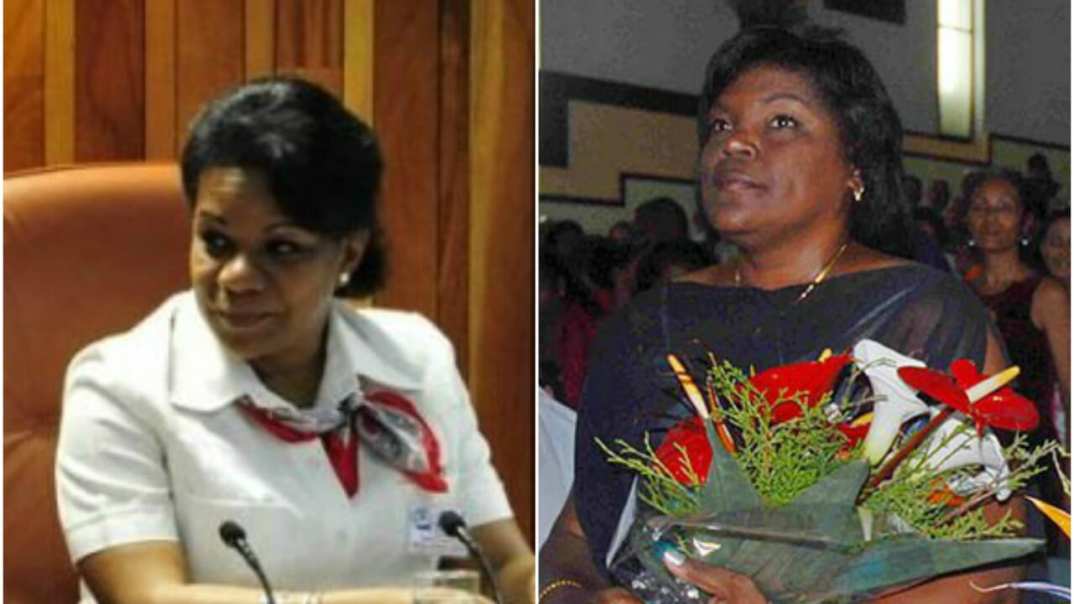Cuba officially announces two Black women as new vice-presidents
Has the island nation become one of the most progressive places in the world?
Cuba takes leaps toward diversity and moves away from its white dominated legacy.

Cuba is being hailed as becoming more progressive as the country takes leaps toward diversity and moves away from its white dominated legacy.
Cuba now has more Black leadership with two Black women vice-presidents in Inés María Chapman and Beatriz Jhonson. The women will take up residence and signal a major changing of the guards by taking on these leadership positions, reports the New York Times.
The women join first vice president Salvador Valdes Mesa in the high-powered position.
Cuba’s newly appointed President Miguel Mario Díaz-Canel Bermudez took office last week.
A history of Castro
This is a major shake-up and the first time Cuba is seeing a new President outside of Fidel Castro family leadership.
Castro’s 86-year-old brother, Raul will continue as head of the Communist Party, according to TIME.
Castro acknowledged that although the women are Afro-Cuban, they were elected to positions of power, not only because of their ethnicity, but because of what they bring to the table.
“Three women were elected vice president of the Council of State, two of them Black – not only for being Black, but for their virtues and qualities.”
“We still have the battle of proportions,” and “not just in numerical aspects but qualitative – in decision-making slots,” said Castro.
READ MORE: Woman heads to Supreme Court over right to wear dreadlocks at work
Activist Ramon Colas believes that while these appointments have great historical significance, the importance may now trickle down to the people who need it most.
“The Cuban revolution has historically been white, and seen from the outside as a revolution by white men, where Black people were part of the crowd, spectators who were silent or applauded, but never participated.”
Unfortunately, many believe that not much will change in Cuba with the new leadership.
He added, “Wouldn’t it be great if they used those positions to say, ‘As a Black Cuban, I am against injustice against Black people in Cuba?’ I doubt that they can do that. They are not allowed. Fidel declared that racism is a problem that ended.”
